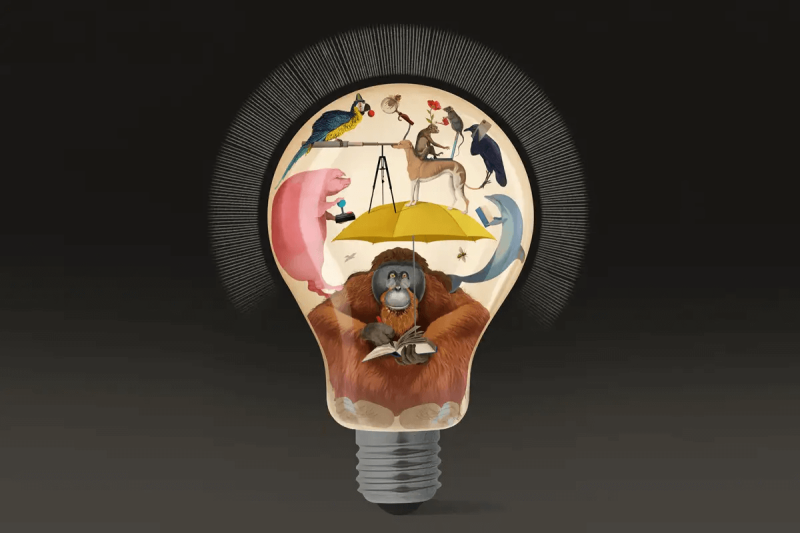I recently read and thoroughly enjoyed Dr. Justin Gregg’s new book If Nietzsche Were a Narwhal: What Animal Intelligence Reveals About Human Stupidity.
Marc Bekoff: Why did you write If Nietzsche Were a Narwhal?
JG: I wrote the book to nudge people to re-think their ideas about the value of human intelligence. We often frame animal cognition as a less sophisticated version of human cognition and marvel when a non-human animal species behaves in a human-like way. The unspoken assumption is that the human way of thinking is the best way of thinking. This book argues that we need to not just challenge that assumption, but be ready to accept that human thinking might in fact be an inferior way of thinking in some cases.
…
For example, humans have a unique understanding of death in that we understand our own mortality and the inevitability of our own deaths. But does this knowledge help us as a species? The ability to project yourself in far-future scenarios certainly gives us an advantage when planning our behavior. But a capacity to envision our own inevitable deaths—this death wisdom—doesn’t seem to provide us much evolutionary benefit. Or bring us much pleasure.
I discuss several cognitive abilities that are a double-edged sword like this, including our language ability, our ability to deceive others (and ourselves), our capacity for moral reasoning (which gives us the ability to rationalize genocide), and our ability for causal inference (which brings us the ability to create good things like vaccines and electricity, but also dangerous things like combustion engines and nuclear bombs).































